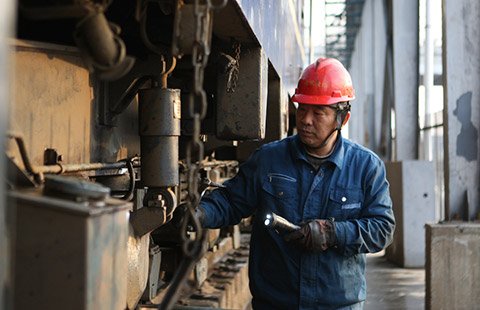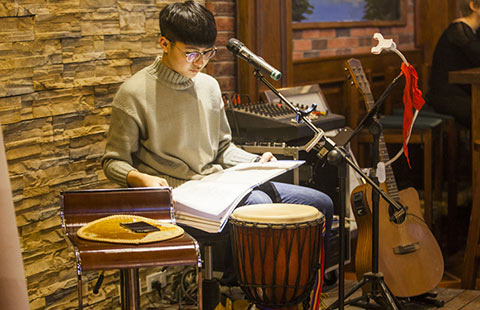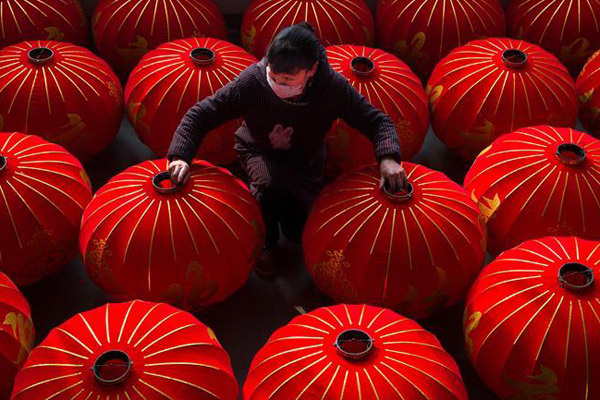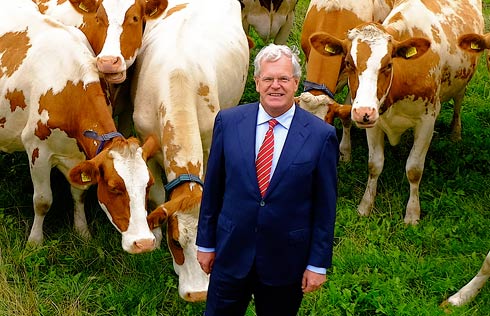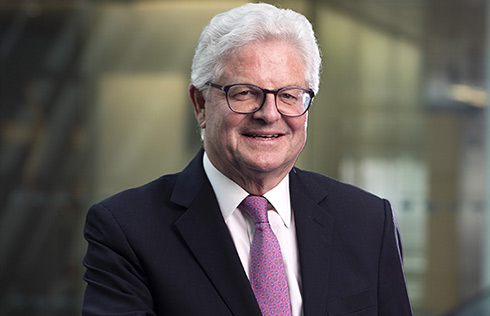People are looking for signs of progress
Bernd is 47. He lives in Landquart, an hour from Davos, where global leaders gather every year to set the world development agenda.
|
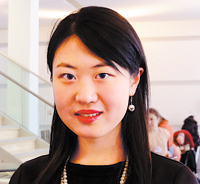 |
| Cecily Liu |
I met Bernd on Sunday on a train to Davos for the start of the World Economic Forum. He was taking his wife and daughter for a day's hiking.
Outside the window, golden sunlight shone on the snow-topped mountains as our train meandered through silent fields.
Curious to know what the locals think of the annual Davos meeting, I asked Bernd. He shrugged. He is a mechanical engineer, a family man, and indicated he has no interest in it.
I was disappointed. I wondered how Bernd, who was born in 1971, the same year the Davos forum was launched near his home, could seem so indifferent.
Our conversation took a different turn, however, at the mention of President Xi Jinping and his attendance this year in Davos.
Bernd's eyes lit up.
"China's presence at Davos is important," he told me."China has increasingly more economic power. There are lots of issues where the world waits for China to take more leadership, including economics, environmental issues and peacekeeping," Bernd said.
I was taken back by Bernd's sudden change of tone, but on second thought it made sense. Bernd is old enough to have noticed China's opening-up in the 1980s, its economic boom since the 1990s, and its journey toward leadership on major global issues.
China and Switzerland have become closer since signing a free-trade pact in 2013, and Bernd now sees many more Chinese faces in his community.
Walking around Davos, I soon discovered Bernd was not alone in his views. From multinationals to small private firms, from nongovernmental organizations to charities, China and Xi's presence at Davos were big talking points.
Global political uncertainties in 2016-prompted by the election of Donald Trump as president in the United States and the vote in the United Kingdom to leave the European Union, coupled with a slow recovery since the 2008 financial crisis-have led to a search for new sources of growth and certainty and, more importantly, leadership.
At a hotel in Davos I met with Vikas Pota, chief executive of the education charity the Varkey Foundation. He said he thinks China can champion education globally, helping teachers win more respect and resources.
"Education is important to achieving all of the United Nations' 17 sustainable development goals, and China can make a meaningful contribution by making this view heard," he said.
Last month, two Chinese teachers were nominated for the Varkey Foundation's Global Teacher Prize.
At home, Xi has made poverty reduction a priority, vowing by 2020 to lift out of poverty the 70 million people who still live on less than a dollar a day.
China has proved its ability to carry policies through to implementation, and here at Davos, many people want to hear more of what Xi has to say.






